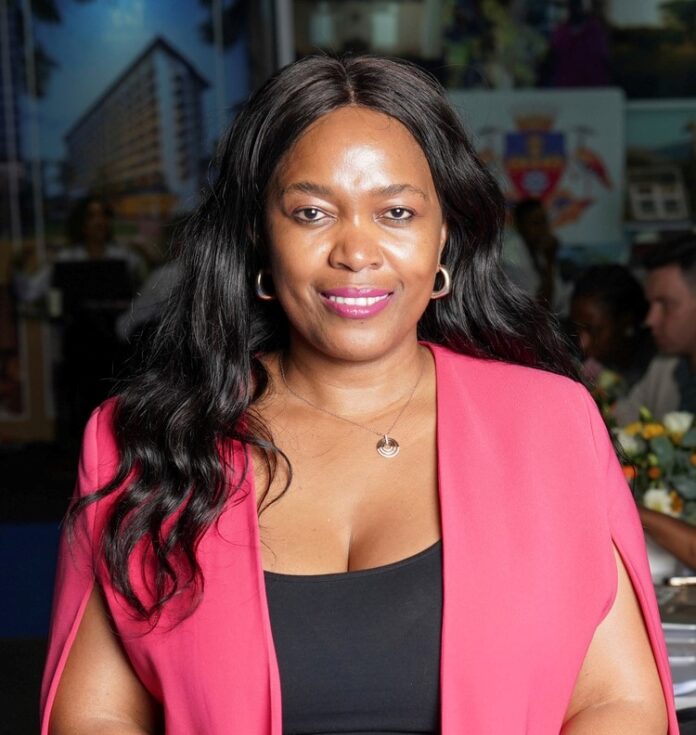As Women’s Month comes to an end, it is a fitting time to reflect on the journeys that have shaped female leaders in the business world. For many, these paths are marked by resilience, mentorship, and a commitment to continuous learning. Dorcas Dlamini Mbele, Area Commercial Director for Sub-Saharan Africa at Marriott International, embodies these principles, drawing on a career built on the foundations of hard work and a deep respect for knowledge.
Growing up in a large family where education was highly valued, Dorcas learned early on the significance of dedication and lifelong learning. With both parents as educators, she was instilled with a commitment to excellence that would guide her throughout her career. This early influence set the stage for her professional journey, which began at the age of 19 when she joined Protea Hotels by Marriott as a junior sales coordinator.
Entering the hospitality industry with little prior knowledge, Dorcas quickly embraced the challenges and opportunities that came her way. Her curiosity and determination to learn allowed her to advance rapidly into leadership roles. However, her success was not achieved in isolation. Mentorship played a pivotal role in her development, providing guidance, broadening her perspective, and fostering a sense of belonging. The impact of strong mentorship, Dorcas believes, extends beyond individual growth, strengthening teams and, by extension, entire organizations.
But mentorship alone is not enough to drive gender empowerment in the workplace. A comprehensive strategy is essential. At Marriott International, the company’s Diversity, Equity, and Inclusion (DEI) strategy is integral to its operations. This strategy aims to increase the representation of women and people of colour in leadership positions, create an inclusive environment for all associates, and maintain accountability through regular reporting and oversight by the Board-level Inclusion and Social Impact Committee.
Gender diversity is not just a matter of fairness—it is a business imperative. Research indicates that companies with greater gender diversity at the board level are significantly more likely to achieve strong financial performance. Diverse perspectives foster innovation, enhance decision-making, and enable companies to better serve a broad customer base.
For businesses to truly support gender equity, it is crucial to rethink traditional environments, policies, and leadership structures. Many workplaces still overlook the unique needs of women, whether in the design of office spaces or the flexibility of work arrangements. By creating inclusive environments, offering flexible work options, and providing parental leave, companies can retain talented women who might otherwise leave the workforce.
Leadership development programs are also essential in bridging the gender gap in senior roles. Despite women making up 54% of the global tourism workforce, challenges like the gender pay gap and underrepresentation in leadership persist. Marriott’s Khulanathi Leadership Development Programme is one such initiative that helps to address these disparities, fast-tracking talented individuals into leadership positions.
As Women’s Month encourages reflection on the strides made towards gender equality, it also highlights the work that remains to be done. Dorcas’s journey is a testament to the power of education, mentorship, and a commitment to fostering inclusivity. As she continues to advocate for gender empowerment in business, her focus remains on ensuring that opportunities are available to all, so that stronger, more inclusive companies and societies can be built for the benefit of everyone.

